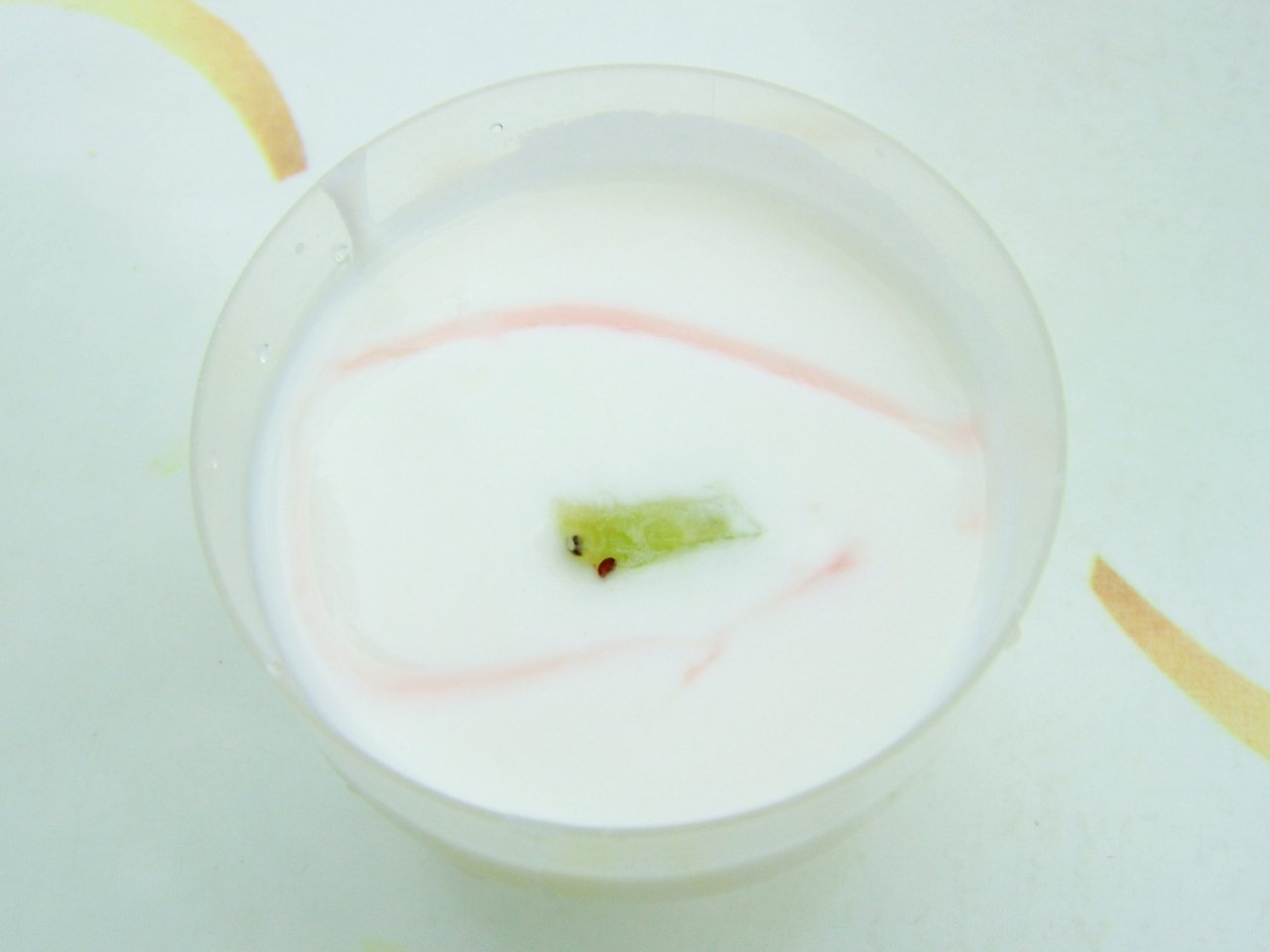
Poop & Weight Loss/Gain: How Your Bowel Health Impacts Your Scale
Your scale isn’t measuring fat — it’s measuring what your gut hasn’t let go of. Hidden stool retention, slow motility, and gut bacteria can quietly

Home » Tips for a Happy Gut: How to Maintain a Healthy Microbiome
The gut microbiome plays a crucial role in our overall health and well-being. It consists of trillions of bacteria, fungi, and other microorganisms residing in our digestive system. Maintaining a healthy microbiome is essential for proper digestion, nutrient absorption, immune function, and even mental health. In this blog post, we will explore effective tips for nurturing a happy gut and promoting a thriving microbiome.
To embark on a journey towards a healthier gut, it is vital to understand the composition and functions of the gut microbiome. We will delve into what exactly the gut microbiome is, the diverse array of microorganisms it encompasses, and how these microorganisms contribute to our digestion and overall health. Additionally, we will discuss the factors that can disrupt the delicate balance of the gut microbiome, such as poor dietary choices, stress, and certain medications.

Recognizing the signs of an imbalanced gut is crucial for early intervention and prevention of potential health issues. We will explore common symptoms that indicate an unhealthy gut, including digestive problems like bloating, gas, and irregular bowel movements. Furthermore, we will examine the link between an imbalanced gut and various health conditions such as autoimmune diseases, mental health disorders, and obesity.

A. Eat a diverse and balanced diet
Diet plays a pivotal role in shaping the gut microbiome. We will discuss the importance of consuming a diverse range of whole foods, with a focus on fiber-rich fruits, vegetables, whole grains, and legumes. These foods provide the necessary nutrients and prebiotic fibers that feed beneficial gut bacteria, promoting a healthy microbiome.
B. Probiotics and prebiotics
Probiotics are live bacteria that offer numerous health benefits when consumed. We will explore various food sources and supplements that provide probiotics, such as yogurt, kefir, sauerkraut, and probiotic capsules. Additionally, we will discuss the importance of prebiotics, which act as fuel for probiotics, and highlight food sources rich in prebiotic fibers.
C. Avoiding gut irritants
Certain foods and lifestyle factors can irritate the gut and disrupt the microbiome. We will identify common culprits like processed foods, excessive sugar, artificial sweeteners, and alcohol. Furthermore, we will discuss the impact of chronic stress on gut health and explore stress management techniques such as meditation, exercise, and adequate sleep.
D. Proper hydration and regular exercise
Staying well-hydrated is essential for a healthy gut. We will emphasize the importance of drinking enough water throughout the day to support proper digestion and bowel regularity. Additionally, we will discuss the benefits of regular exercise for gut health, including enhanced blood flow to the intestines and improved gut motility.

A. Manage stress levels
Chronic stress can disrupt the delicate balance of the gut microbiome. We will explore stress reduction techniques such as deep breathing exercises, mindfulness practices, and engaging in hobbies to promote relaxation and overall well-being.
B. Get enough sleep
Quality sleep is vital for maintaining a healthy gut. We will discuss the connection between sleep deprivation and imbalanced gut bacteria, along with practical tips for improving sleep habits and creating a sleep-friendly environment.
C. Limit antibiotic use
While antibiotics are sometimes necessary, their overuse can negatively impact the gut microbiome. We will discuss the effects of antibiotics on gut bacteria and provide alternatives to consider, such as natural remedies and seeking professional advice when appropriate.
Knowing when to consult a healthcare professional is essential for addressing gut-related issues. We will outline the red flags and symptoms that warrant medical attention. Additionally, we will discuss the types of healthcare providers who specialize in gut health, diagnostic tests that can assess the microbiome, and available treatments for gut-related conditions.
Maintaining a healthy gut and nurturing a thriving microbiome are integral to our overall well-being. By implementing the tips discussed in this blog post, including a diverse and balanced diet, incorporating probiotics and prebiotics, managing stress, and adopting healthy lifestyle habits, we can support our gut health and reap the benefits of improved digestion, enhanced immune function, and overall vitality. Prioritizing our gut health is a powerful step towards achieving optimal wellness for the long term.

Your scale isn’t measuring fat — it’s measuring what your gut hasn’t let go of. Hidden stool retention, slow motility, and gut bacteria can quietly

Your poop is a real-time report card on your gut health—and most people are ignoring it. From color changes to weird shapes to the clues

Wheat isn’t the villain—it’s the kind of wheat that’s wrecking your gut. From ancient grains to modern hybrids, discover how today’s wheat triggers inflammation, worsens

Your gut isn’t just digesting food—it’s controlling your hunger, energy, and even how fast you burn fat. Inside you is a powerful hormone called GLP-1,

Happy Poops.
What about your friends?